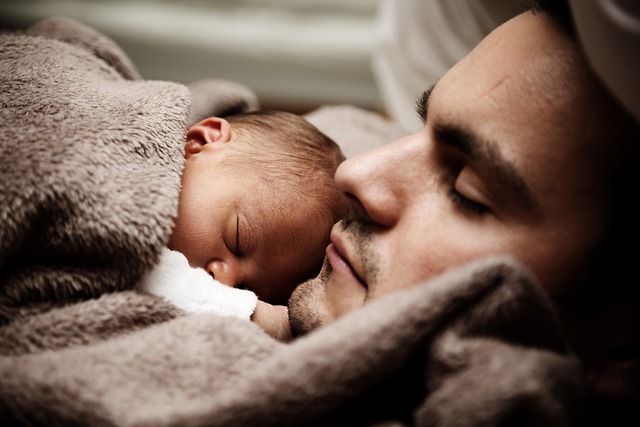In the vast tapestry of human spirituality, the holy fathers stand as revered figures whose influence shapes the rituals and practices of countless religions worldwide. These patriarchs not only guide the faithful through their teachings, but they also embody the spirit of tradition that binds communities together across generations. Understanding their role in religious rituals allows us to appreciate the depth of faith and spirituality that transcend mere practice.
Rituals in religion are often viewed as the living expressions of belief systems, where sacred moments bridge the material world with the divine. From the communal gatherings of Christianity to the intricate rites of Hinduism, the holy fathers serve as custodians of these traditions. They act as mediators, facilitating a connection between followers and the sacred. This connection fosters a sense of belonging and identity within the faith community, as individuals discover personal meaning through communal worship.
Consider the pivotal role of a priest in a Catholic mass, where the holy fathers celebrate the Eucharist, creating an atmosphere charged with reverence. Each gesture, from the ringing of the bell to the chants, is steeped in symbolism, presenting an opportunity for congregants to immerse themselves fully in the divine presence. Similarly, within the context of Orthodox Christianity, the traditions upheld by the holy fathers during liturgical celebrations highlight the richness of centuries-old practices that continue to resonate with believers.
In the realm of Eastern religions, the significance of holy fathers can be found in the teachings and rituals passed down through generations. In Buddhism, for instance, the teachings of the Buddha are preserved in rituals that encourage mindfulness and reflection. Monks, akin to holy fathers, embody these teachings as they guide practitioners on their spiritual journeys. Through daily rituals such as meditation and chanting, followers connect with the fundamental tenets of compassion and enlightenment, echoing the wisdom imparted by their sacred leaders.
The importance of holy fathers extends beyond the borders of organized religion. In indigenous spiritual practices, ancestral figures are often honored through rituals that celebrate the cycles of nature and the interconnectedness of all beings. These traditions serve as reminders of the wisdom embedded in the earth and its cycles, fostering a sense of stewardship and reverence for the world around us. Participating in these rituals allows individuals to tap into a deeper well of knowledge that transcends time and space, connecting them with their home and community.
Engaging with the rituals rooted in the teachings of holy fathers invites us to explore our own spiritual landscapes. Whether through prayer, meditation, or communal gatherings, these practices encourage personal reflection and growth. As we navigate the complexities of modern life, the embrace of tradition provides a sense of grounding and clarity, reminding us of the sacredness that exists in the everyday.
Moreover, the rituals associated with holy fathers often invite persons of diverse faiths to reflect on universal themes of love, forgiveness, and community. As we delve into these sacred practices, we understand that while our pathways may differ, the quest for meaning and connection binds us all. Through the lens of rituals, we can celebrate the shared values that unite people across varying traditions, thus fostering interfaith dialogue and understanding.
In an age where the pace of life accelerates, and spiritual practices may feel overshadowed by modern distractions, the careful observance of rituals related to holy fathers serves as a powerful reminder of the enduring nature of faith. These traditions anchor us, inviting us to partake in something larger than ourselves, as we walk the path of understanding and spirituality together.




